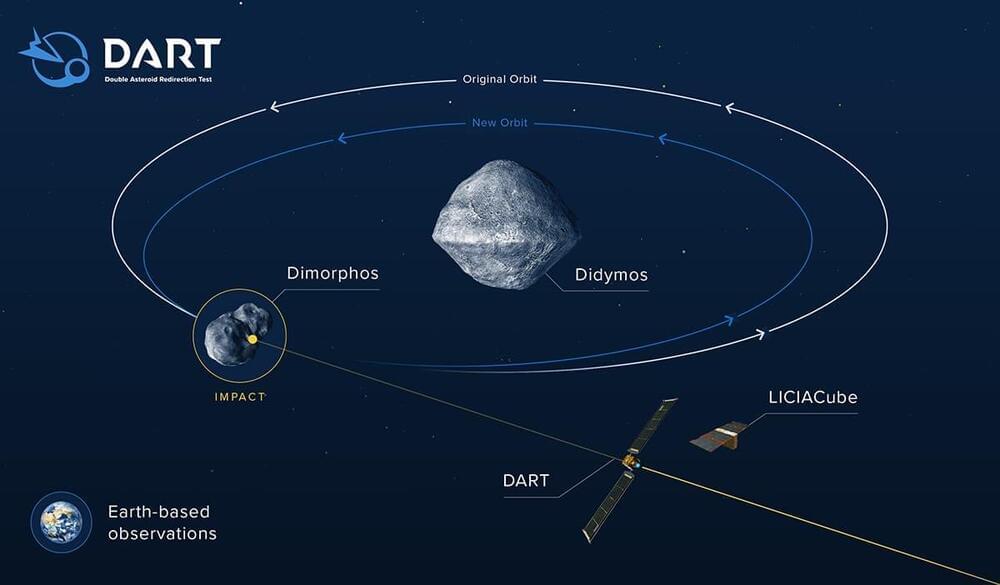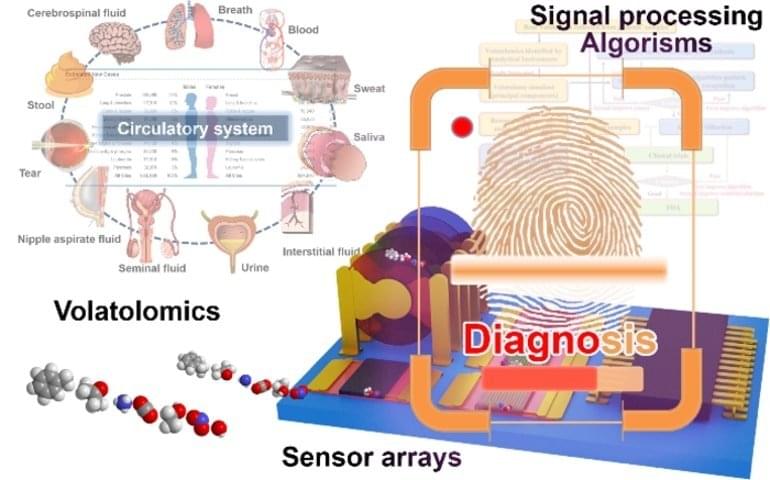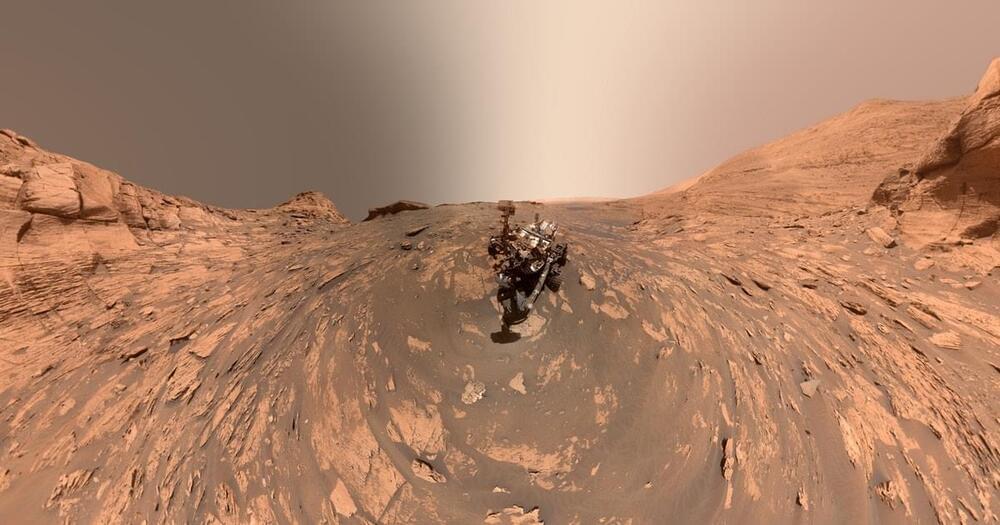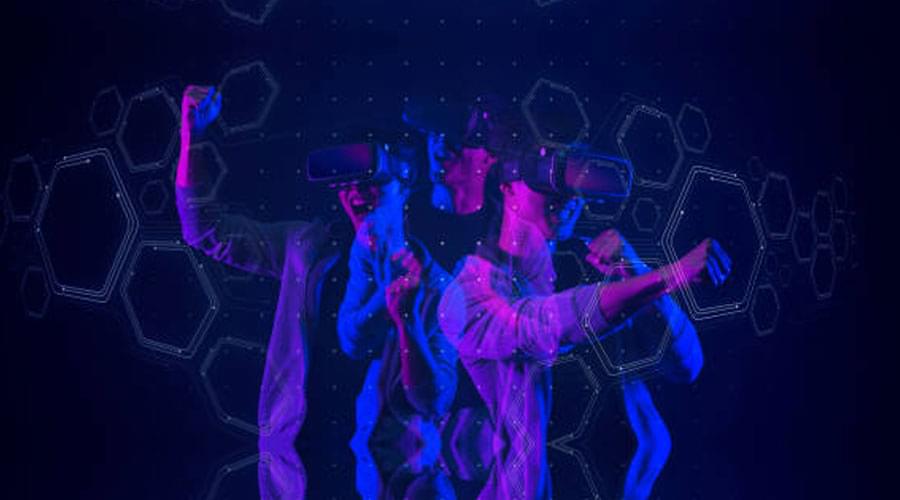For decades, biologists have read and edited DNA, the code of life. Revolutionary developments are giving scientists the power to write it. Instead of tinkering with existing life forms, synthetic biologists may be on the verge of writing the DNA of a living organism from scratch. In the next decade, according to some, we may even see the first synthetic human genome. Join a distinguished group of synthetic biologists, geneticists and bioengineers who are edging closer to breathing life into matter.
This program is part of the Big Ideas Series, made possible with support from the John Templeton Foundation.
Original Program Date: June 4, 2016
MODERATOR: Robert Krulwich.
PARTICIPANTS: George Church, Drew Endy, Tom Knight, Pamela Silver.
Visit our Website: http://www.worldsciencefestival.com/
Like us on Facebook: https://www.facebook.com/worldsciencefestival.
Follow us on twitter: https://twitter.com/WorldSciFest.
Synthetic Biology and the Future of Creation 00:00.
Participant Intros 3:25





